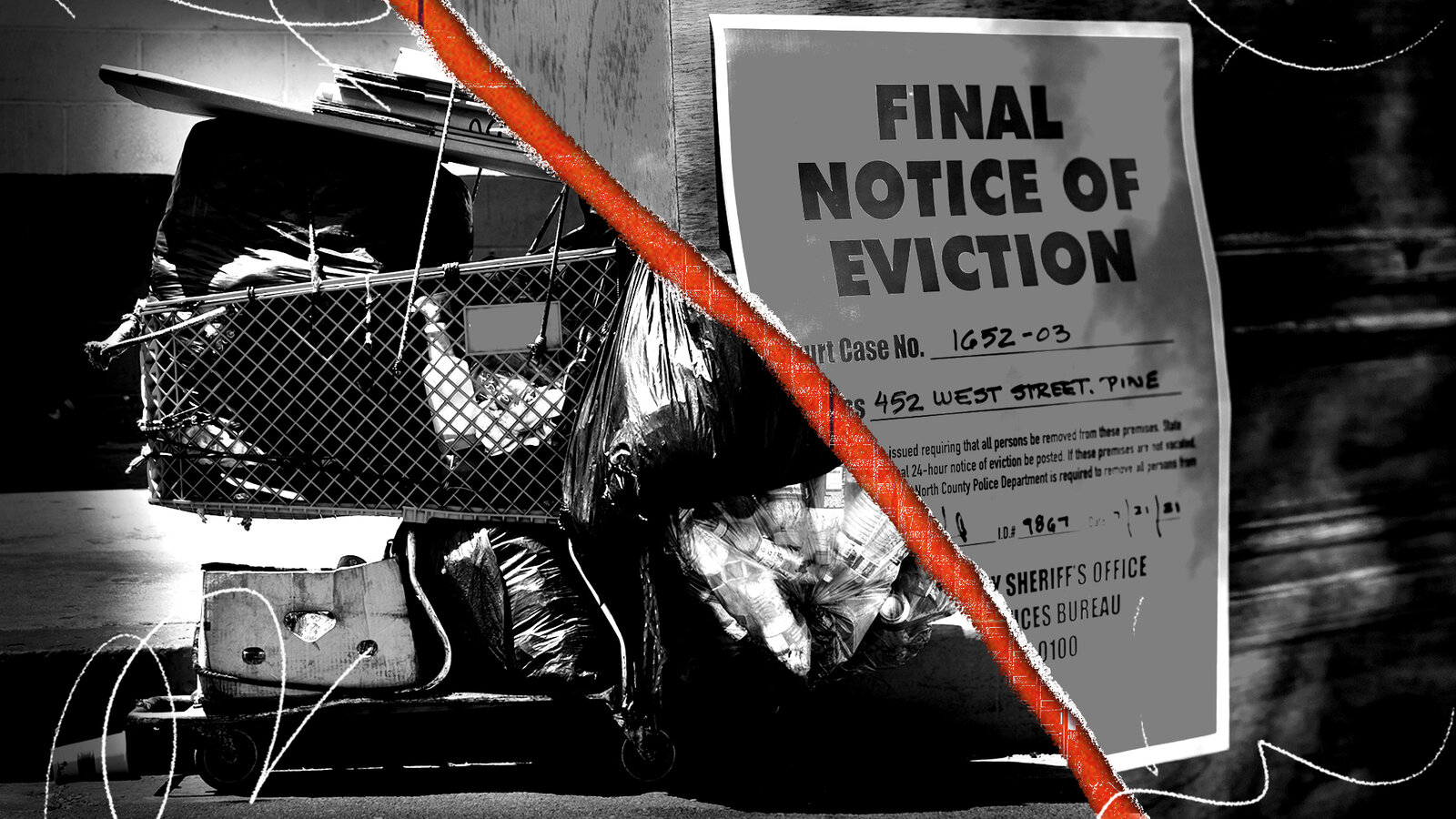Will Ending Rent Freeze Cause A Housing Crisis? The Housing Corporation's Perspective

Table of Contents
The Housing Corporation, a leading advocate for affordable housing, plays a critical role in analyzing housing market trends and proposing policy recommendations. Our perspective is firmly rooted in data-driven analysis and a commitment to ensuring safe, stable, and affordable housing for all. This article argues that ending rent freezes without comprehensive mitigation strategies will likely worsen the current housing crisis.
The Current State of the Rental Market and Rent Freeze Impact
High Rental Costs and Affordability Challenges
Rental costs have skyrocketed in recent years, creating significant affordability challenges for low- and middle-income families. Many are now spending over 50% of their income on rent, leaving little left for essentials like food, healthcare, and transportation.
- National average rent increases: Data shows an average annual increase of X% in rental costs over the past five years (insert actual data here).
- Affordability ratios: The affordability ratio (percentage of income spent on rent) has reached alarming levels in many cities, exceeding the recommended 30%.
- Impact on low-income families: Low-income households are disproportionately affected, often forced to choose between rent and other necessities.
- Limitations of existing rental assistance programs: Government programs like Section 8 vouchers often have long waiting lists and limited funding, failing to meet the growing demand.
The Effectiveness of Rent Freeze Policies
Rent freeze policies aim to protect tenants from exorbitant rent increases, but their effectiveness is a subject of ongoing debate. While they offer crucial protection for existing tenants, they can also have unintended consequences.
- Positive Impacts: Rent freezes provide vital stability for tenants, preventing displacement and allowing them to budget more effectively. They offer a crucial safety net during times of economic uncertainty.
- Negative Impacts: Landlords may be discouraged from investing in maintenance and repairs due to limited profit potential. New construction might slow down as developers find it less profitable to build rental units under rent control.
- International examples: The experiences of cities like Berlin (with its rent caps) and New York City (with its history of rent regulations) offer valuable case studies, highlighting both successes and failures of rent control strategies. Analyzing vacancy rates in these cities can illustrate the impact of rent freezes on housing supply.
The Housing Corporation's Stance on Ending Rent Freezes
Projected Impact on Rental Prices and Housing Availability
The Housing Corporation's projections suggest that ending rent freezes will lead to a significant surge in rental costs. Our models, based on historical data and economic forecasts, indicate that lifting rent freezes could result in average rent increases of Y% within the first year (insert projected data and model details here). This rapid increase will likely lead to:
- Increased evictions: Many tenants will be unable to afford the higher rents, resulting in a wave of evictions and displacement.
- Decreased housing availability: The combination of higher rents and reduced construction will exacerbate the existing housing shortage, driving up competition and further increasing rental costs.
- Vulnerable populations disproportionately affected: Low-income families, seniors, and individuals with disabilities will be particularly vulnerable to displacement.
The Housing Corporation's Proposed Mitigation Strategies
To mitigate the potential negative impacts of ending rent freezes, the Housing Corporation proposes a comprehensive strategy focusing on:
- Increased rental assistance: Expand existing programs and increase funding to provide sufficient support for low- and moderate-income families.
- Investing in affordable housing development: Incentivize the construction of new affordable housing units through tax credits, subsidies, and public-private partnerships.
- Strengthening tenant protections: Implement strong tenant rights protections, including just-cause eviction laws and limitations on rent increases even without rent control.
These strategies require significant investment and collaboration between government agencies, private developers, and community organizations. The costs and feasibility of each strategy must be carefully evaluated and adapted to local contexts.
Alternative Solutions to Address the Housing Crisis
Investing in Affordable Housing Development
Beyond addressing the immediate concerns of ending rent freezes, a long-term solution requires substantial investment in affordable housing. This includes:
- Government subsidies: Direct financial assistance to developers to build and maintain affordable housing units.
- Incentive programs: Tax breaks and other incentives to encourage private developers to build affordable housing.
- Public-private partnerships: Collaboration between government agencies and private developers to leverage resources and expertise.
- Community land trusts: Nonprofit organizations that acquire and manage land to provide permanently affordable housing.
Strengthening Tenant Rights and Protections
Protecting tenants requires more than just rent freezes. Robust tenant protections include:
- Just cause eviction laws: Restricting landlords' ability to evict tenants without a valid reason.
- Rent increase limitations: Setting reasonable limits on how much rent can increase annually, even without complete rent control.
- Improved tenant screening processes: Ensuring fairness and preventing discrimination in tenant selection.
Conclusion: Addressing the Housing Crisis and the Future of Rent Control
The Housing Corporation believes that ending rent freezes without implementing comprehensive mitigation strategies will likely exacerbate the existing housing crisis, leading to increased rental costs, evictions, and displacement of vulnerable populations. Our analysis shows that a significant increase in rental prices is projected following the lifting of rent freezes. Therefore, a multi-pronged approach—including increased rental assistance, affordable housing development, and strengthened tenant protections—is crucial to ensuring housing affordability and stability. This requires moving beyond simply debating the merits of ending rent freeze policies and focusing on creating a truly equitable and sustainable housing system. Learn more about ending rent freeze policies and their impact on our website, and contact your representatives to advocate for affordable housing solutions.

Featured Posts
-
 Marlins Edge Athletics With Kyle Stowers Walk Off Grand Slam
May 28, 2025
Marlins Edge Athletics With Kyle Stowers Walk Off Grand Slam
May 28, 2025 -
 San Francisco Giants Vs Arizona Diamondbacks A Loss For Hicks And The Giants
May 28, 2025
San Francisco Giants Vs Arizona Diamondbacks A Loss For Hicks And The Giants
May 28, 2025 -
 Taylor Swift Easter Eggs Fans Predict A Huge Reveal At The Amas
May 28, 2025
Taylor Swift Easter Eggs Fans Predict A Huge Reveal At The Amas
May 28, 2025 -
 Analyzing Jacob Wilsons Breakout Insights From Our Recent Poll
May 28, 2025
Analyzing Jacob Wilsons Breakout Insights From Our Recent Poll
May 28, 2025 -
 Meilleur Prix Samsung Galaxy S25 Ultra 1 To 1294 90 E
May 28, 2025
Meilleur Prix Samsung Galaxy S25 Ultra 1 To 1294 90 E
May 28, 2025
